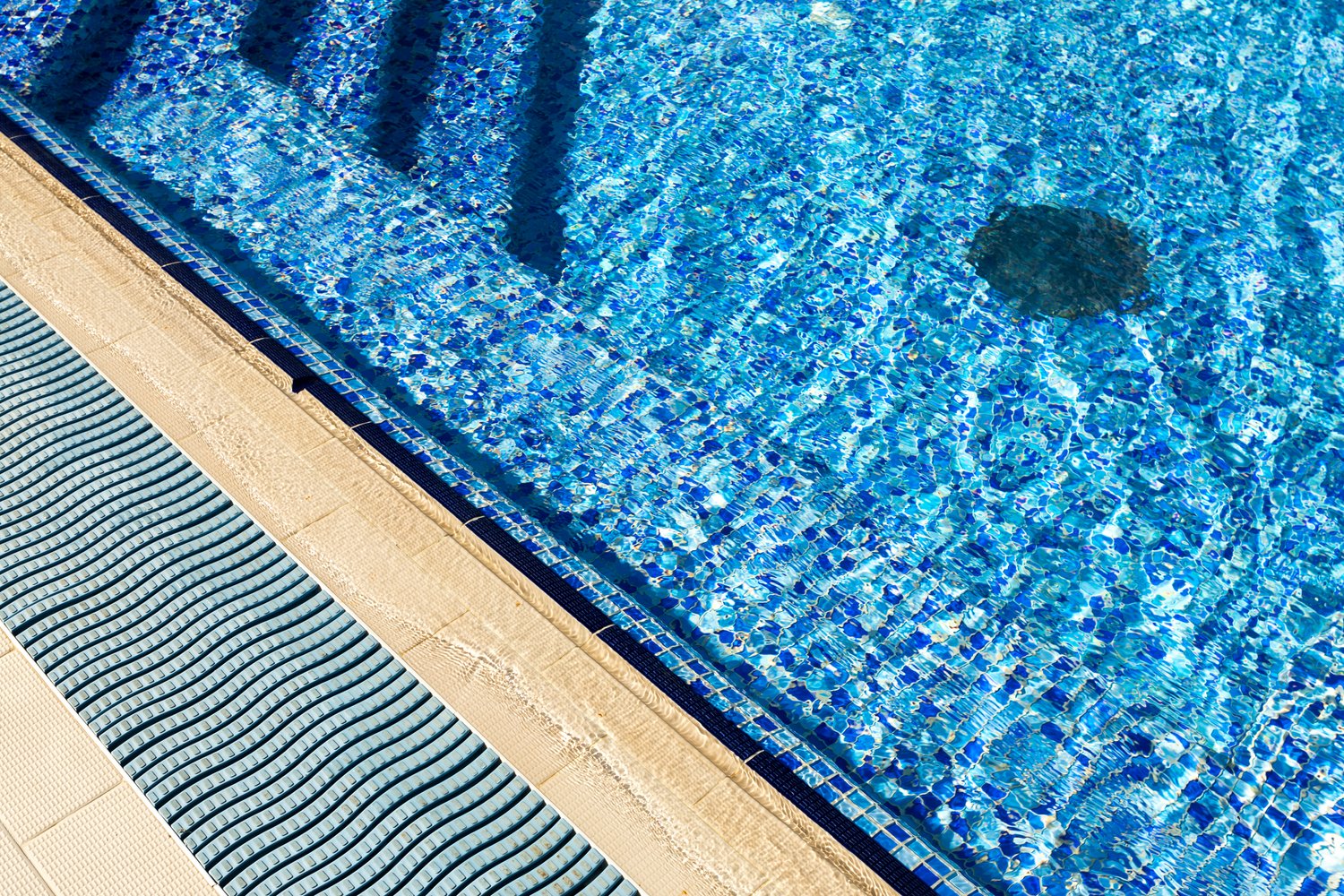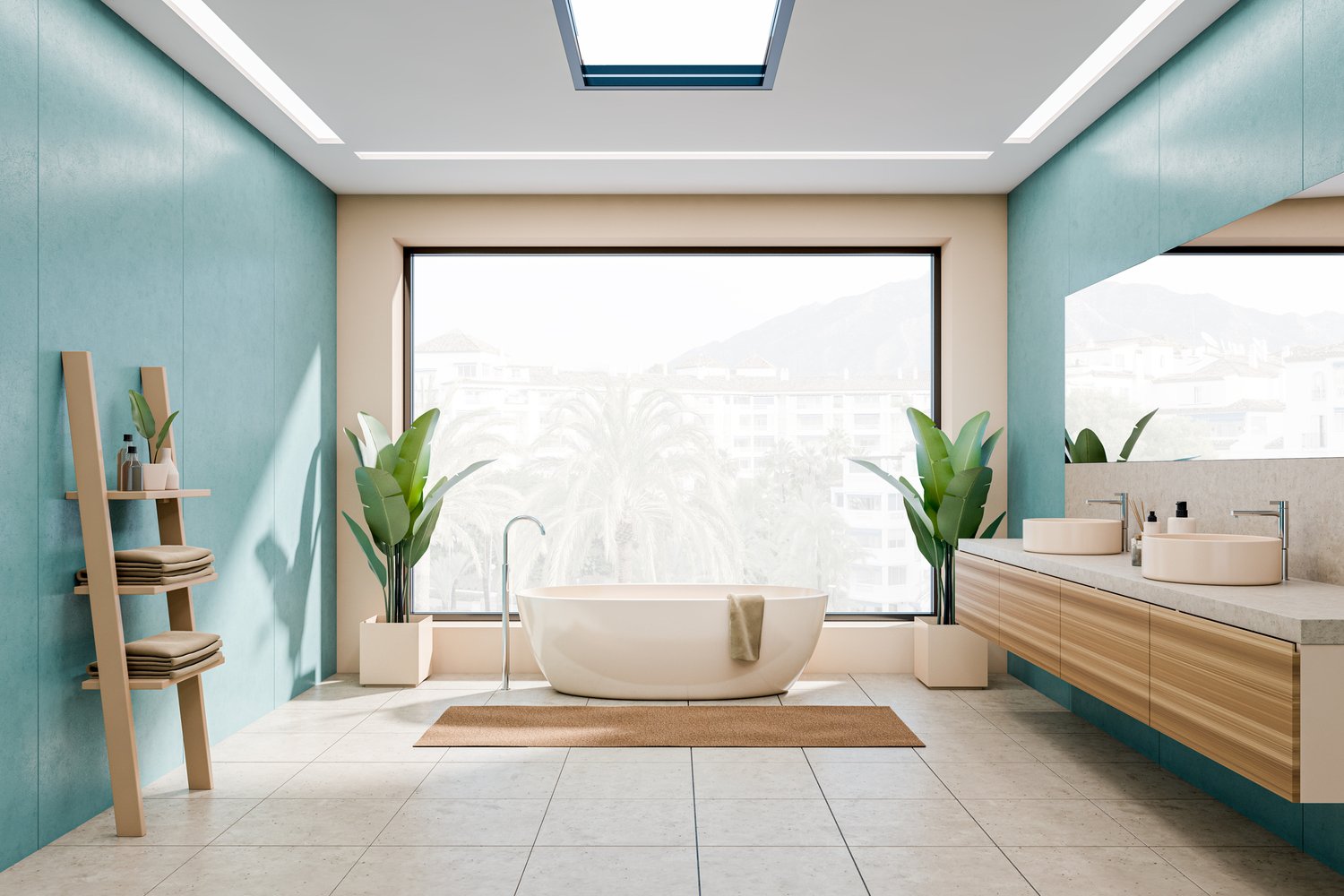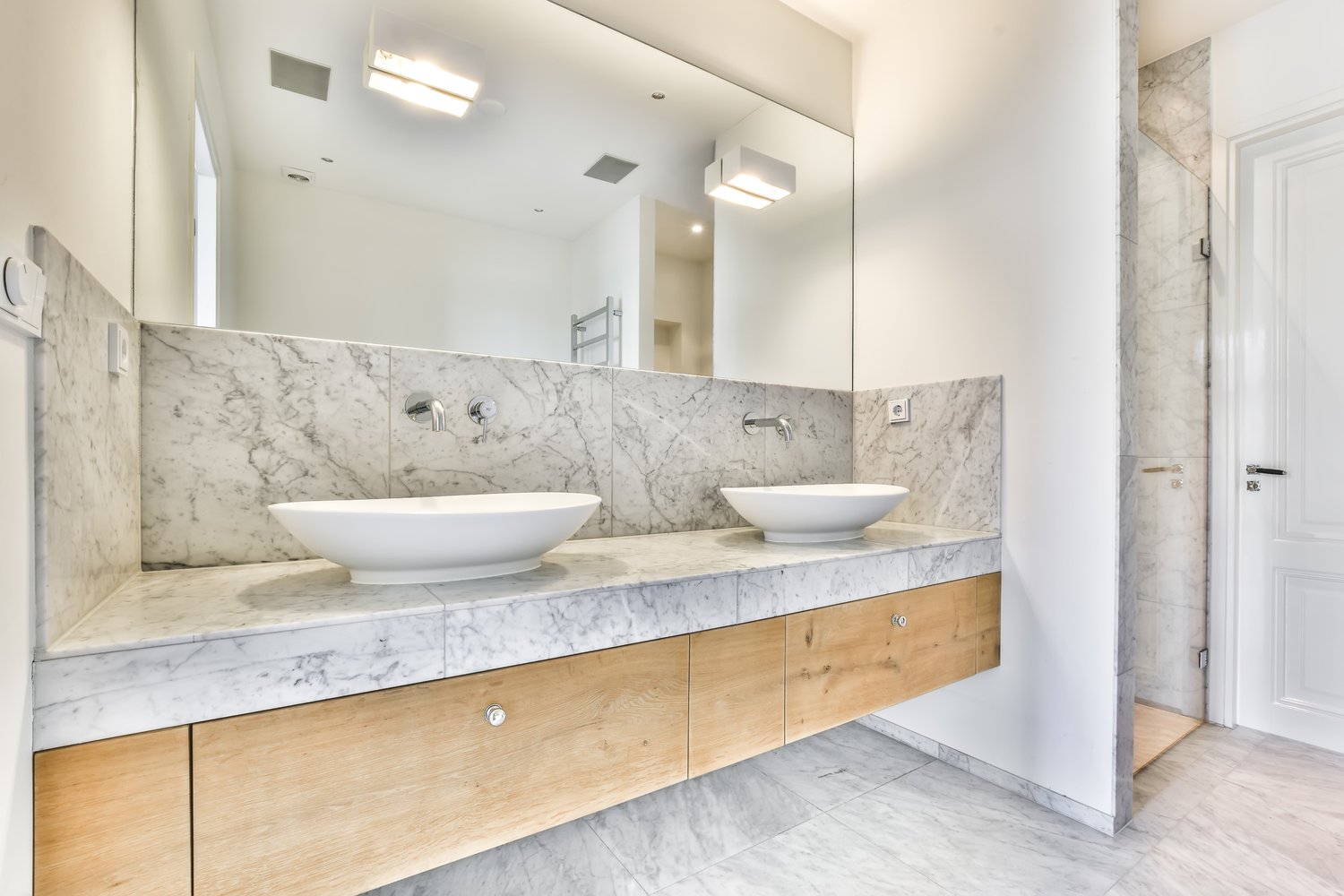Owning a swimming pool brings endless enjoyment and relaxation during hot summer days, but it also comes with significant maintenance responsibilities. Proper pool maintenance is crucial not only for the aesthetic appeal of crystal-clear water but also for the safety of swimmers and longevity of your pool equipment. This comprehensive guide will walk homeowners through essential pool maintenance tips, covering everything from routine cleaning procedures to mastering pool water chemistry, helping you maintain a clean swimming pool that remains a source of pride and enjoyment for years to come.
Understanding the Basics of Pool Maintenance
Home pool care begins with understanding the fundamental components of your swimming pool system. Your pool consists of a circulation system (pump and filter), chemical treatment system, and the physical structure itself. The circulation system moves water through the filter to remove debris and distribute chemicals evenly. The chemical treatment system maintains proper water balance to prevent algae growth and ensure swimmer comfort. Regular attention to these components forms the foundation of effective pool maintenance tips that every homeowner should follow. Many new pool owners underestimate the time commitment required for proper maintenance, but establishing a consistent routine will make the process more manageable and help avoid costly repairs down the line.
Establishing a Regular Cleaning Schedule
Maintaining a clean swimming pool requires commitment to a regular cleaning schedule. Daily tasks should include skimming the surface to remove leaves, insects, and other floating debris. Weekly maintenance should involve vacuuming the pool floor and brushing the walls and tile line to prevent algae buildup and staining. Your pool skimmer baskets and pump strainer basket should be emptied frequently to ensure proper water circulation. The filter system, depending on its type (sand, cartridge, or diatomaceous earth), will require periodic cleaning or backwashing according to manufacturer recommendations. Regular cleaning not only keeps your pool looking inviting but also reduces the demand for chemicals and extends the life of your equipment. As the experts at AskHomey often recommend, consistency with pool maintenance routines is far more effective than sporadic intensive cleaning sessions.
Mastering Pool Water Chemistry
Perhaps the most challenging aspect of home pool care is maintaining proper pool water chemistry. Balanced water is essential for swimmer comfort, equipment protection, and overall pool health. The primary chemical parameters to monitor include pH (ideally between 7.2 and 7.8), chlorine (1-3 ppm for residential pools), alkalinity (80-120 ppm), and calcium hardness (200-400 ppm). Testing your pool water twice weekly during swimming season will help you catch imbalances before they become problematic. Adjustments to these levels should be made gradually, following product instructions carefully. Many homeowners find it helpful to keep a log of chemical readings and treatments to track patterns and seasonal changes. Remember that factors like heavy rainfall, intense sunlight, high swimmer load, and ambient temperature can all affect your pool’s chemical balance, requiring additional monitoring and adjustments.
Seasonal Pool Maintenance Considerations
Effective pool maintenance tips must account for seasonal changes. During peak summer usage, your pool will require more frequent cleaning and chemical monitoring due to increased swimmer load and sun exposure. As autumn approaches, falling leaves may necessitate more diligent skimming and possibly a pool cover. Winter preparation, or “winterizing,” is crucial in colder climates to prevent freeze damage to pipes and equipment. This process typically involves lowering the water level, adding winter chemicals, protecting equipment, and securing a winter cover. Spring opening reverses this process, often requiring a thorough cleaning, equipment inspection, and gradual chemical balancing before the swimming season begins. By adapting your home pool care routine to seasonal needs, you’ll ensure your swimming pool remains in optimal condition year-round.
Troubleshooting Common Pool Problems
Even with diligent maintenance, pool owners occasionally encounter issues that require troubleshooting. Cloudy water often indicates filtration problems or chemical imbalances that can usually be resolved by checking filter operation and adjusting chemicals. Green water suggests an algae bloom, requiring shock treatment and possibly algaecide application. Scaling or staining on pool surfaces may indicate imbalanced pH or mineral content. Equipment failures like pump or heater malfunctions should be addressed promptly to prevent cascade effects on water quality. Understanding these common problems and their solutions will empower you to maintain a clean swimming pool with minimal professional intervention. Remember that early intervention is key—small issues can quickly escalate into major problems if left unaddressed.
The Value of Professional Pool Service
While many aspects of pool maintenance can be handled by attentive homeowners, there’s significant value in periodic professional service. Qualified pool technicians can perform detailed equipment inspections, identify potential issues before they become costly problems, and handle complex maintenance tasks that require specialized knowledge. Many homeowners find that scheduling a professional service at the beginning and end of swimming season provides peace of mind and helps establish a foundation for successful DIY maintenance throughout the year. Professional technicians can also provide personalized pool maintenance tips specific to your pool’s unique characteristics and your local climate conditions.
For more tips and to connect with reliable home service professionals, follow AskHomey on Facebook and Instagram.



